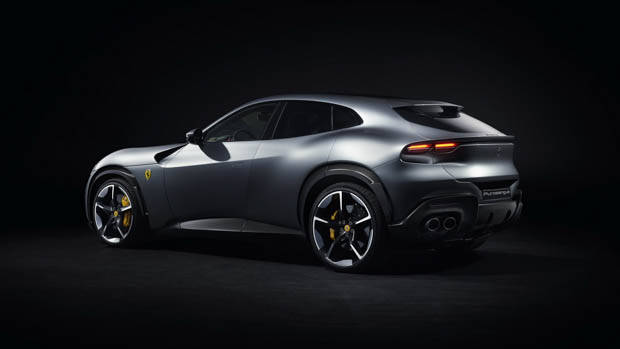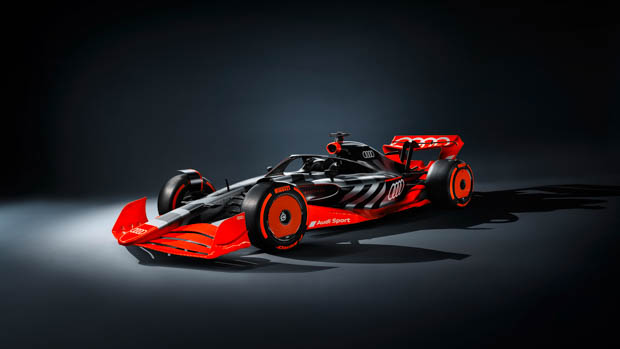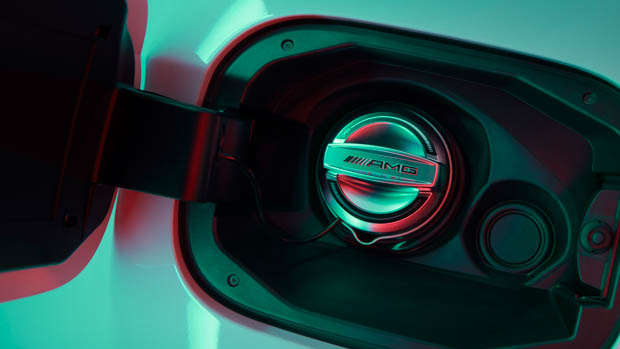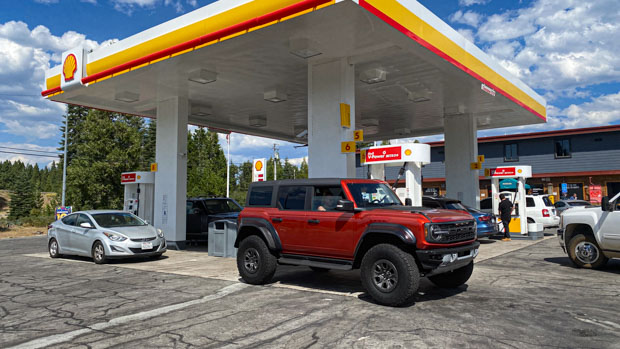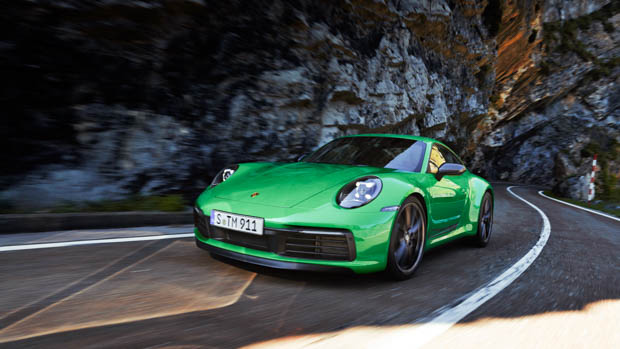-
Car Reviews
- All reviews
- Midsize SUVs
- Small cars
- Utes
- Small SUVs
- Large SUVs
- Large cars
- Sports SUVs
- Sports cars
- Vans
Latest reviews
- Car News
-
Car Comparisons
Latest comparisons
- Chasing Deals
Both high-performance car manufacturers are trying to make sustainable fuels exempt from incoming EU regulations
Porsche and Ferrari are pushing for the European Union to make sustainable fuels exempt from new emissions laws, which are slated to be introduced in 2035.
While most of the world’s automakers are now working on an electric and emissions-free future, the pair are among some manufacturers who are holding on to the combustion engine.
According to Automotive News Europe, Porsche does not plan, at least initially, to make its next-generation 911 sports car with an electric option.
A final vote was set to take place on March 7, but has been delayed indefinitely after Germany and Italy opposed the ban.
According to the report, talks between the European Commision, Germany and Italy are set to take place in the coming weeks to work out how to integrate sustainable fuel alternatives into the Commission’s proposal.
It’s not just Porsche who is holding back on going all-electric across its entire line-up. The prancing horse says it has an innovation team that will focus on sustainable fuels, lubricants and coolants, as well as electrification.
Porsche has previously announced it will work to make sustainable fuels a reality and currently has a 12.5 percent stake in HIF Global – a sustainable fuel manufacturer.
The Formula One racing series has also committed to using sustainable fuels from 2026 when a new generation of race-focused combustion engines enter production.
The average unleaded 91 octane fuel cost in Australia over the past 12 months was 187.6 cents per litre, while 98 octane over the same period of 12 months cost 208.7 cents per litre on average.
Even though our petrol prices are increasing, there is quite a difference between the cost of petrol and sustainable fuels.
A report by Road and Track from late 2022 stated that pricing for sustainable fuels was estimated by Porsche two years ago to be around USD$37 (AUD$56) per gallon, which equates to around USD$10 (AUD$15) per litre.
But by 2026, Porsche is anticipating pricing for sustainable fuels to drop significantly to roughly USD$7.57 (AUD$11.49) per gallon, or around USD$2 (AUD$3.04) per litre.
The cost of sustainable fuels comes down to a complex production process outlined by sustainable fuel company HIF Global.
Production starts with the combination of green hydrogen and recycled carbon dioxide. Green hydrogen means that it has been created with renewable energy such as wind or solar power, rather than through more traditional coal powered means.
An electrolysis process then takes place to separate water (H2O) into oxygen and hydrogen.
Hydrogen is then combined with CO2 through a process called synthesis to make what the company calls e-gasoline or e-petrol.
HIF Global says that sustainable fuels are chemically equivalent to conventional fossil fuels and are compatible with existing combustion engines.
Porsche has invested around $75 million to support the production of sustainable fuels.
In July 2022, HIF Global announced it will build a commercial plant in Tasmania, with production set to begin around 2024. The company says that it will be able to produce up to 100 million litres per year of carbon neutral fuel.
Latest news
About Chasing cars
Chasing Cars reviews are 100% independent.
Because we are powered by Budget Direct Insurance, we don’t receive advertising or sales revenue from car manufacturers.
We’re truly independent – giving you Australia’s best car reviews.

